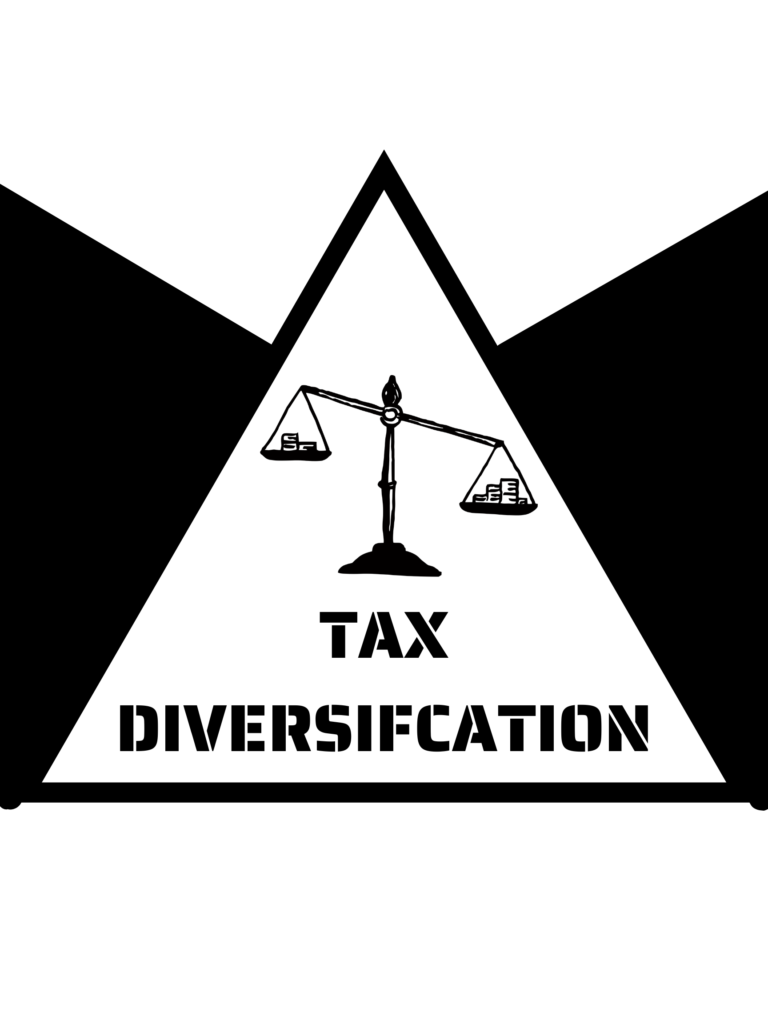This strategy involves diversifying the different types of retirement accounts you may have investments in to help manage your tax liability.
Some of the different accounts include tax-deferred retirement accounts like traditional IRAs and 401(k)s, tax-free retirement accounts like Roth IRAs and Roth 401(k)s, and taxable brokerage accounts.
Tax diversification can be important especially nearing retirement as it allows you to have flexibility to withdraw money in a way that minimizes your overall tax bill. By having a mix of tax-advantaged and taxable accounts, you can potentially reduce the tax burden in retirement by choosing which accounts to withdraw from based on your tax bracket and other tax considerations.
This concept is important as it can help reduce exposure to tax and legislative risk.
Tax laws are always changing. The national debt is over 31 trillion dollars and the current tax law is supposed to sunset in 2026. This means a tax change is on the horizon. This is called legislative risk. The risk that congress will potentially pass laws impacting retirement plans and savings accounts.
By spreading your investments across different types of accounts, you can better position yourself to adapt to changing tax laws and regulations.
Tax diversification may not be the solution however it can help reduce the total tax risk you may face in retirement.

